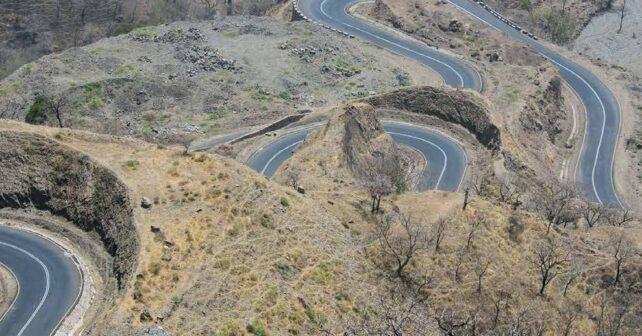
What about things that are hopefully a little less expensive, like medications, as opposed to surgical procedures?
Explore This Issue
ACEP Now: Vol 41 – No 06 – June 2022Dr. Firew: Some medications are available widely, and they’re also subsidized by the CBHI program, especially for people in the rural areas. They’re also restricted in a way, too. For example, there might be only five medications that are available for a specific disease like hypertension. And if you want to buy other medications outside of that selection, or if your doctor recommends other medications outside of those five medications, you most likely will have to pay out of pocket. There are also a lot of issues with counterfeit medications.
One thing we saw during COVID, especially with the shutdowns, people closing their borders, and when India was suffering from the peak of the pandemic, they stopped exporting most of their medication. And because the medications are not being imported to Ethiopia, there were a lot of shortages that we witnessed all over the country.
Where else have you worked internationally?
Dr. Firew: I’ve worked clinically in Haiti and in Mosul, Iraq.
Taking your experiences from those three places, comparing it to Columbia University, how would you say they‘re different? How are they the same?
Dr. Firew: I think the personality of emergency physicians in general, including from our sarcasm, our problem-solving skills, our drive to help people, is very similar. When I worked in Mosul, Iraq, I was at a trauma stabilization point, which is a makeshift hospital in the middle of a war zone. There are missiles and bombs going off. And it’s very difficult even to compare that to the stable clinical environment. All that said, there was nothing compared to what I experienced here in New York City during the pandemic. Even working in the richest countries, overnight, can become resource poor, and those skills come very handy in certain times.
Have you actually been a patient in Ethiopia where you can remember what happened? If so, how was that experience?
Dr. Firew: When I was pregnant and traveling in Ethiopia, I was about eight months pregnant and I made sure there was going to be a place that would give me an epidural in case I went into labor. I had to navigate that and there are not a lot of places that offer epidurals and I was very surprised, and only public hospitals and only a few anesthesiologists can administer it. I made sure to contact them, so I was kind of preparing for the worst. But, that’s just typical emergency physician attitude in case I went into labor and did not want to go through this naturally. Thankfully, I was back in the U.S. by that time and had a planned birth.
Pages: 1 2 3 4 | Single Page


No Responses to “How One U.S. EP Connects with Her Profession and Birthplace in Ethiopia”